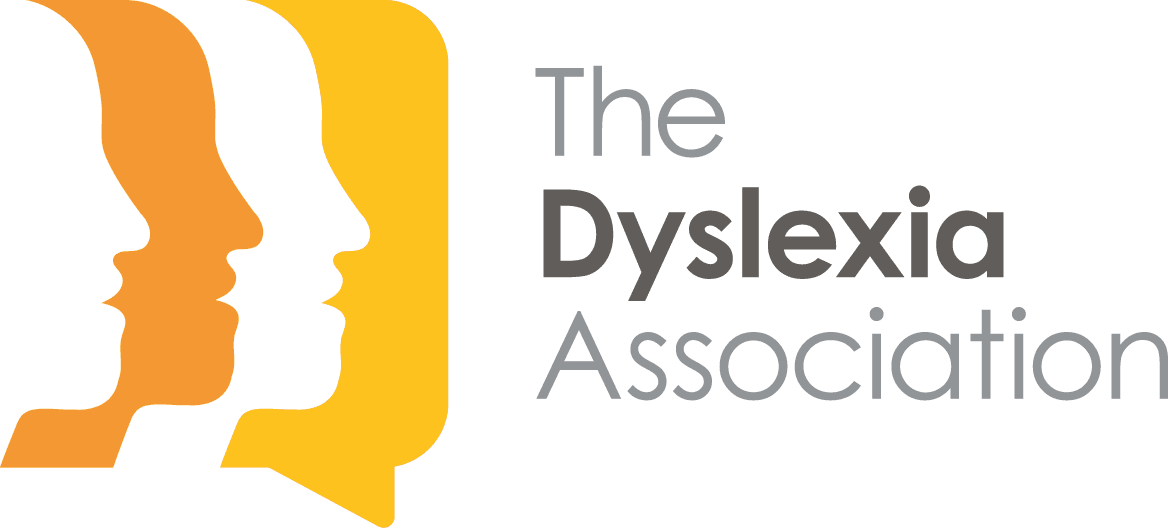What is a children’s diagnostic assessment?
In order to diagnose dyslexia in a young person from the age of 8, a full diagnostic assessment is required. The diagnostic assessment must be carried out by a qualified professional to confirm an associated specific learning difficulty.
How much is a children’s diagnostic assessment?
A diagnostic assessment is £575.
Please note that payment is required in full prior to the assessment taking place.
Which locations are covered?
Our remote diagnostic assessments are via online platforms, and so there are no geographical restrictions.
We provide face to face assessments at our Nottingham office or sometimes in other areas, subject to assessor availability.
If you are unsure about whether to choose a remote or face to face option see our comparison table
💡 Summary Table
Feature |
Remote Assessment |
Face-to-Face Assessment |
|---|---|---|
Accessibility |
Fully accessible to everyone | Limited by proximity to Nottingham |
Comfort |
Home environment | Not familiar educational/office setting |
Getting an appointment |
Quick, with short waiting times, typically 2 – 3 weeks | Longer wait times, typically 1 – 3 months |
Ideal For |
Teens, adults, rural areas | Younger children (typically under 12) |
Age Suitability |
11+ (typically) | All ages |
Technology Requirements |
Yes via Zoom | No |
Can I thank the team for supporting us through the whole process. […] felt comfortable during her assessment and was able to represent herself in her truest sense and all of my queries have been responded to in a timely and effective manner. Thank you again.
Jo
Remote Diagnostic Assessments
Remote diagnostic assessments, are for those children who are used to working and communicating online. A parent or carer will need to be on hand in the background if needed whilst the assessment takes place. Please contact our free Helpline service if you wish to discuss this: 0115 924 6888.
What happens during the assessment?
The full assessment explores a range of academic skills and cognitive processing abilities. The final report provides information on the nature of identified difficulties and makes a range of well-informed recommendations to support the child.
The diagnostic report constitutes the formal evidence and diagnosis of dyslexia.
What happens after an assessment?
Upon the conclusion of the assessment, a comprehensive report will be provided (usually within 4-6 weeks) that will give the results of the tests and make recommendations for home and school.
Please note that any recommendations made for Exams Access Arrangements by the assessor are subject to Joint Council for Qualifications (JCQ) requirements. Please see our Exams Access Arrangements.
Please see our Parents Leaflet 2024
